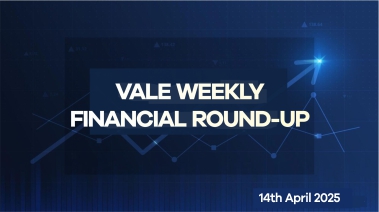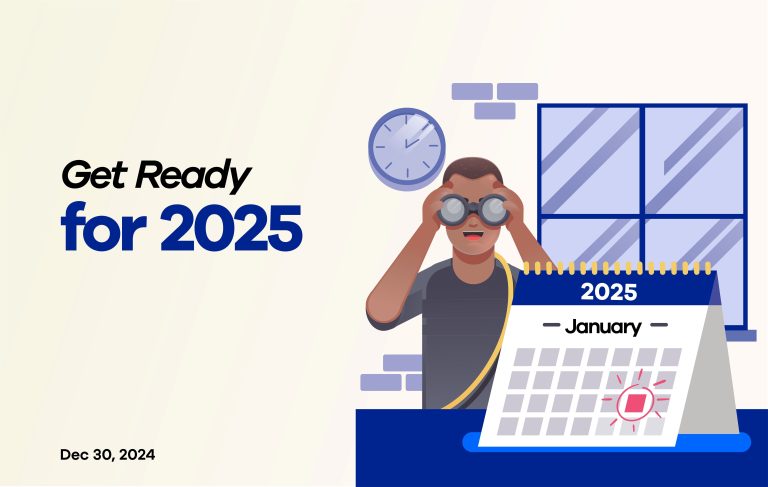Living Soft on a Budget: Is It Possible in Nigeria?
Everyone wants to live the soft life. A life of comfort and enjoyment without constant financial stress. For many, it means luxury trips, quick getaways, or simply not having to worry about asking someone for “urgent 2k.” But in Nigeria, where the economy decides how far our salary and side hustles stretch, it can feel almost impossible.
For most people, soft life is tied to luxury and big spending. In reality, soft life is about peace of mind. It is about enjoying small treats without ending up broke before month-end. It could be a Friday night movie at home with friends or an affordable staycation. Living soft is not about impressing others. It is about creating ease in your own life.
Here’s the thing: enjoyment needs a plan. If you set aside part of your income for leisure, you can buy that outfit or attend that concert without guilt. With the ember months here and Detty December around the corner, planning becomes even more important. Imagine saving towards it with Vale’s Detty December Challenge. You secure your enjoyment money in advance and also earn interest along the way.
When enjoyment is already budgeted, you don’t have to borrow, overspend, dip into emergency savings, or regret your choices later. Budgeting makes enjoyment even sweeter because you know it is paid for upfront.
But watch out for the little leaks. Sometimes it is not the big purchases that drain us, but the small ones. The endless food deliveries that cost more than cooking. The casual “it’s just ₦2k” that quietly add up to ₦20k by month’s end. Living soft on a budget means plugging these leaks so you can spend on what truly matters.
So, is it possible to live soft in Nigeria today? Absolutely. But only when you define it on your own terms. It is not about copying Instagram lifestyles. It is about creating the comfort you can actually afford.
Soft life in Nigeria does not have to be grand. With a little discipline, intentional planning, and the right tools, you can enjoy more without stress. At the end of the day, soft life is not about spending more. It is about spending smart.
NOW TO THE NEWS
Vale Reminds Users to Join the Detty December Challenge
At Vale Finance, we are helping users save smarter while preparing for the festive season through our Detty December Challenge. This goal-based savings initiative is designed to make setting aside money for holiday-related expenses both fun and rewarding.
Participants can save specifically for festive needs such as gifts, travel, parties, and celebrations, while earning up to 13% interest per annum on their savings. In addition, users receive an extra 5% bonus on interest earned, giving them even more value for their money.
The challenge runs until 15th December and is open to both new and existing Vale app users. Don’t miss the opportunity to save with purpose and make your festive season financially stress-free.
Naira Gains Ground in Official and Parallel FX Markets
The naira experienced a notable rebound this week across both the official and parallel foreign exchange (FX) markets. At the official market, data from the Central Bank of Nigeria (CBN) shows the currency opened on Monday at N1,495/$1, strengthened to N1,485.05/$1 on Tuesday, slipped to N1,498/$1 on Wednesday, before recovering to N1,490/$1 on Thursday and closing the week at N1,488/$1 on Friday.
Compared to last week Friday’s closing rate of N1,503.5/$1, the naira showed marginal improvement, suggesting cautious optimism among traders and market participants. It was also reported that the currency also reached a five-month high of N1,497.5/$1 at the first trading session, a performance supported by better foreign exchange (FX) liquidity and reduced demand pressure.
The rebound extended to the parallel market as well, where the naira traded at N1,520/$1 on Friday, up from N1,530.5/$1 on Thursday and N1,537/$1 on Wednesday. This appreciation highlights a narrowing gap between the official and parallel market rates, underscoring a more stable outlook for the local currency.
Possible Rate Cut on the Horizon as CBN’s MPC Meets September 22–23
The Central Bank of Nigeria’s Monetary Policy Committee (MPC) is expected to lower the Monetary Policy Rate (MPR) by 25 – 50 basis points at its 302nd meeting scheduled for September 22–23, 2025, as analysts cite easing inflation, naira stability, and global monetary trends as reasons for a potential rate reduction. Although, some caution that the CBN may hold rates at 27.50% to safeguard economic stability and policy credibility.
Headline inflation, a key driver, eased for the fifth straight month in August to 20.12% from 21.88% in July, the longest moderation streak since 2022. The slowdown, supported by softer food and energy prices, suggests earlier tightening measures are working and gives the CBN room to consider easing borrowing costs. The naira has also traded steadily within ₦1,480–₦1,600 per USD for six months, buoyed by foreign portfolio inflows, oil earnings, and CBN interventions.
However, some experts anticipate a modest 25–50bps cut to balance growth and price stability, while others believe the CBN may wait until Q4 before adjusting rates further. Whatever the decision, the meeting is set to influence investor sentiment, borrowing costs, and the overall direction of monetary policy
Foreign Investors’ Transactions Hit ₦1.3 Trillion on NGX
Foreign investors’ transactions on the Nigerian stock market have climbed to a record high of about ₦1.3 trillion, reflecting improved global investor confidence. According to the Nigerian Exchange Limited (NGX) report, foreign portfolio investment (FPI) more than doubled this year, rising by 114.2% compared to the same period in 2024.
For the seven months ended July 31, 2025, total foreign portfolios stood at ₦1.28 trillion, up from ₦598 billion in 2024 and ₦185.62 billion in 2023. The ₦1.3 trillion turnover also far exceeded the ₦301.37 billion and ₦262.85 billion recorded in the first eight months of 2022 and 2021, respectively.
The NGX report showed increases in both inflows and outflows. Foreign inflows tripled to ₦609.73 billion in the first seven months of 2025 from ₦266.64 billion in 2024, while outflows rose from ₦331.36 billion to ₦671.56 billion during the same period. This surge pushed total market transactions to ₦6.01 trillion, nearly double the ₦3.1 trillion recorded in 2024.
Analysts linked the rise in foreign portfolios to stability in the foreign exchange market, which has supported the naira. They expect continued inflows from foreign portfolio investors due to carry trade opportunities and stronger confidence, while noting that both oil and non-oil exports will further reinforce currency stability.


